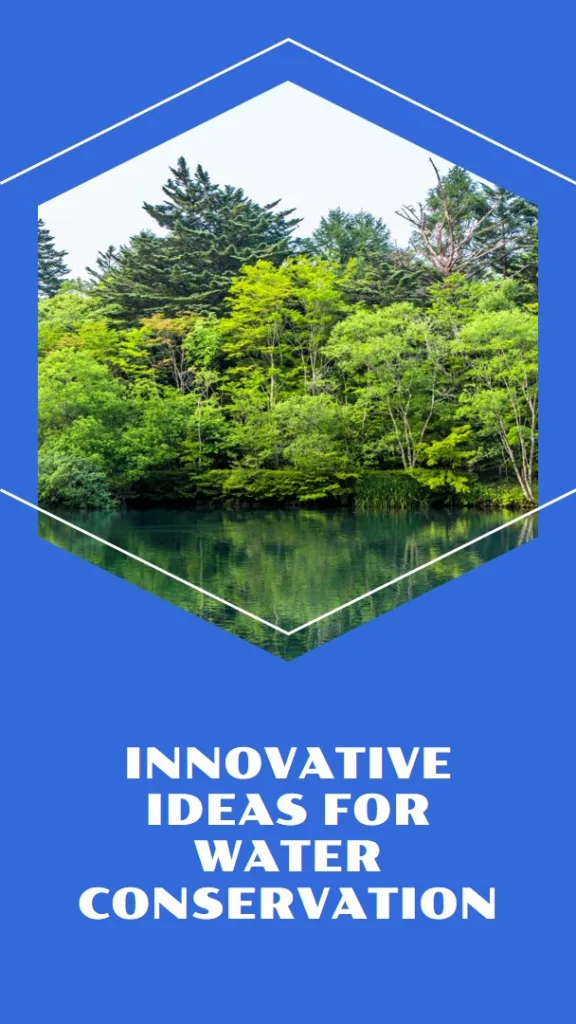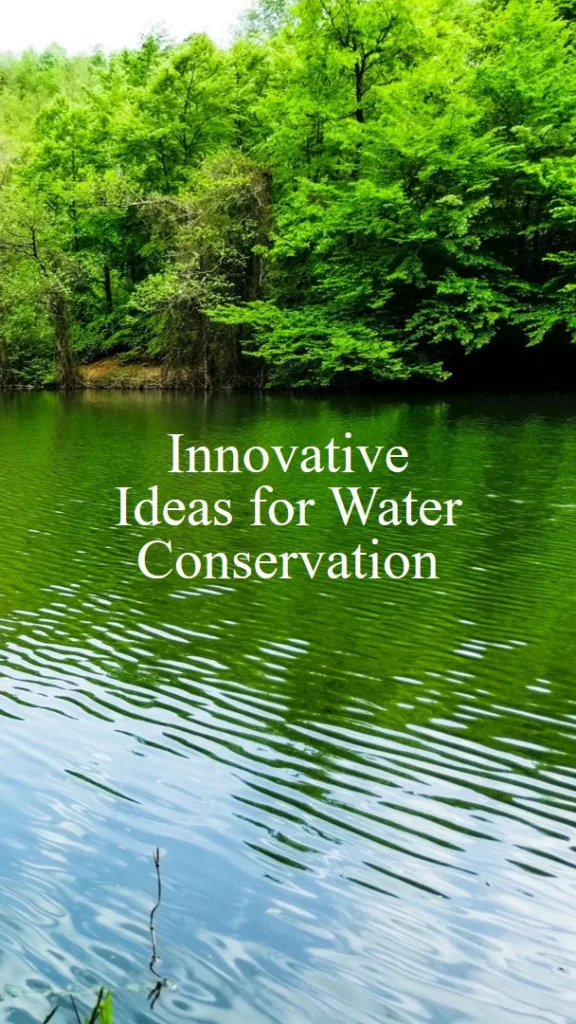In the pursuit of a sustainable future, education emerges as a powerful catalyst for raising eco-consciousness, particularly in the realm of water conservation. By integrating comprehensive water management curricula, educational institutions play a pivotal role in nurturing environmentally responsible individuals. Classroom discussions may delve into topics such as smart water management systems, the consequences of water scarcity, and innovative global water crisis solutions. This heightened awareness empowers students to become advocates for change, as they understand the vital role education plays in shaping a more water-conscious society.
Creating a Water-Smart Generation: Education’s Power to Foster Awareness
Education serves as a dynamic force in creating a water-smart generation, instilling awareness and responsibility among students. Through interactive lessons, educators can impart essential knowledge about water conservation, exploring topics such as intelligent water systems and the advantages of adopting smart water practices. Students gain insights into the global water crisis, and education becomes a tool that empowers them to make informed decisions contributing to a water-smart future. Dive deeper into related articles on Good Times like Water Is Life and Empowering the Future: How Education Transforms Lives for a holistic perspective.
Empowering Students as Water Stewards: Education’s Role in Conservation
Education plays a crucial role in transforming students into proactive water stewards, equipped with the knowledge and motivation to champion conservation efforts. Engaging and hands-on activities in the classroom can include exploring practical water conservation techniques and understanding the economic and environmental impacts of water scarcity. External resources such as Good Times’ article on Water Crisis provide additional insights into the challenges faced globally and potential solutions.
From Classroom to Community: Education’s Impact on Water Awareness
The impact of education extends beyond the classroom, influencing communities and fostering a collective commitment to water awareness. As students bring their knowledge and passion into their localities, they become catalysts for change. By organizing water conservation projects, implementing sustainable water practices, and engaging with community members, students bridge the gap between classroom learning and real-world action. Explore more on community-based initiatives at Good Times like Community-Based Water Projects: Empowering Change Locally to understand how education can lead to impactful community-level changes.
For a comprehensive understanding of global water issues and initiatives promoting water conservation, continue exploring related articles on Good Times such as Clean Water Solutions, Digital Literacy and Education, and Educating the Next Generation: Water Awareness in Schools.
Nurturing Water Champions for a Sustainable Future
Water, the elixir of life, stands as an indispensable resource crucial for the survival of all living organisms. Yet, our world grapples with issues of water scarcity, pollution, and environmental degradation.
As stewards of the future, it is our responsibility to instill in the upcoming generation an understanding of the paramount importance of water conservation, responsible usage, and the imperative to protect this finite resource.
In this article, we delve into the pivotal role schools play in shaping environmentally conscious individuals, exploring the significance of water awareness, the benefits of integrating water education into curricula, and methods to inspire students as water champions for a sustainable future.
The Significance of Water Awareness
Fostering Environmental Consciousness
Water awareness serves as a catalyst for instilling environmental consciousness in the minds of the young. By nurturing empathy and concern for the natural world, students develop a sense of responsibility towards preserving Earth’s delicate ecosystems.
Empowering Future Decision-Makers
Education about water issues empowers students to make informed decisions and advocate for sustainable water management as future leaders. Equipping them with knowledge ensures they contribute meaningfully to addressing global challenges related to water scarcity and pollution.
Behavioral Change
Water education triggers behavioral change, not only in students but also within their families and communities. It encourages the adoption of water-saving practices at home and fosters a culture of responsible water usage, creating a ripple effect of positive environmental actions.
Sustainable Development Goals (SDGs)
Water awareness aligns seamlessly with the United Nations’ Sustainable Development Goal 6 – Clean Water and Sanitation. By educating students, we contribute to the global effort to achieve sustainable and equitable access to clean water, an essential foundation for overall development.
Benefits of Incorporating Water Education in Schools
Holistic Learning
Integrating water education into various subjects provides students with a comprehensive understanding of water-related issues. This holistic approach emphasizes the interconnectedness of water with environmental, social, and economic aspects.
Real-World Relevance
Connecting classroom learning to real-world challenges makes lessons meaningful and applicable to students’ lives. By understanding the practical implications of water issues, students are better equipped to address them proactively.
Critical Thinking Skills
Studying water-related problems encourages the development of critical thinking skills. Students delve into complex issues, analyze data, and propose solutions, preparing them for the challenges of a rapidly changing world.
Experiential Learning
Engaging students in hands-on activities, such as water quality testing or conservation projects, enhances their learning experience and fosters a deeper connection with nature. Practical involvement reinforces theoretical knowledge.
Interdisciplinary Approach
Water education promotes an interdisciplinary approach, bridging subjects like science, geography, mathematics, social studies, and language arts. This interconnected learning equips students with a well-rounded understanding of water-related issues.
Methods to Promote Water Awareness in Schools
Project-Based Learning
Encourage students to embark on water-related projects, such as creating water conservation campaigns, designing rainwater harvesting systems, or organizing clean-up drives. Project-based learning fosters creativity and active engagement.
Field Trips and Nature Walks
Organize field trips to water treatment plants, wetlands, or riverbanks to provide students with firsthand exposure to water ecosystems and conservation efforts. Direct experiences enhance understanding and appreciation.
Guest Speakers and Experts
Invite water experts, environmentalists, or representatives from local water organizations to share their knowledge and experiences. Guest speakers bring real-world insights, inspiring students and connecting classroom learning to practical scenarios.
Water-Related Competitions
Organize competitions, quizzes, or debates centered around water-related topics. Such events stimulate student engagement, creativity, and a healthy spirit of competition, making the learning process enjoyable.
Water Monitoring Programs
Involve students in monitoring water quality in local water bodies. Analyzing collected data helps them understand environmental changes and the importance of ongoing vigilance in preserving water resources.
Water-themed Art and Literature
Encourage students to express their water-related knowledge through art, poetry, essays, or stories. This not only promotes creativity but also provides a platform for self-expression, fostering a deeper connection with water issues.
Collaboration with Communities and Organizations
Partnerships with Local NGOs
Collaborate with local non-governmental organizations (NGOs) focused on water conservation. Such partnerships provide schools with additional resources, expertise, and opportunities for hands-on learning experiences.
Community Involvement
Engage students in community water-related projects, such as implementing rainwater harvesting systems in schools or organizing awareness drives in neighborhoods. Connecting with communities strengthens the impact of water education.
Water Awareness Events
Organize water awareness events within schools and communities, such as celebrations for World Water Day. These events serve as platforms to raise awareness, share knowledge, and encourage positive actions.
Water Sustainability Initiatives
Schools can lead by example in implementing water-saving measures on campus, including installing water-efficient fixtures, rainwater harvesting systems, and water recycling practices. Demonstrating sustainability inspires students and the broader community.
Empowering Water Champions for a Sustainable World
In conclusion, water awareness in schools transcends being a mere educational initiative; it is an investment in the future.
By arming the next generation with knowledge and instilling a sense of responsibility towards water resources, we mold individuals who will champion sustainability in all facets of life.
The urgency of addressing water-related challenges necessitates immediate action. Let us, as educators, parents, and global citizens, unite in our efforts to nurture water champions who will play a pivotal role in building a sustainable and water-secure world.
Together, we can ensure that the ripples of positive change initiated in classrooms today create waves of impact that extend far into the future.
Table of Contents
ToggleWater Awareness - Frequently Asked Questions
How can we raise awareness about water?
Raising awareness about water can be achieved through educational programs, community events, and social media campaigns. Encouraging responsible water usage and highlighting the global water crisis are effective ways to inform and engage the public.
What is the awareness campaign on water?
The awareness campaign on water focuses on educating individuals about the importance of water conservation, promoting sustainable water practices, and addressing the challenges associated with water scarcity. It aims to inspire proactive efforts towards ensuring water sustainability.
What is the importance of studying water?
Studying water is crucial for understanding its role in ecosystems, human health, and global climate patterns. It provides insights into sustainable water management, pollution prevention, and ensures the availability of clean water for current and future generations.
Why is water conservation important?
Water conservation is essential to preserve this finite resource, prevent water scarcity, and protect ecosystems. It contributes to sustainable development by ensuring a stable and sufficient water supply for agriculture, industry, and domestic needs.
What are 4 reasons why it is important to conserve water?
Conserving water is crucial for mitigating water scarcity, preserving ecosystems, promoting economic sustainability, and reducing energy consumption. It plays a pivotal role in addressing global challenges related to water resources.
What is water conservation in 10 lines?
Water conservation involves using water wisely and efficiently to prevent wastage. It includes adopting water-saving technologies, fixing leaks, and promoting responsible water use in households, industries, and agriculture. Conservation efforts aim to sustain water availability for future generations and protect ecosystems dependent on water resources.
What are the objectives of water awareness?
The objectives of water awareness include educating the public about water-related issues, promoting responsible water behavior, fostering a sense of environmental stewardship, and encouraging community participation in water conservation initiatives. Ultimately, it aims to ensure a sustainable and equitable use of water resources.
Why is water important 5 reasons?
Water is important for sustaining life, supporting ecosystems, facilitating agriculture and industry, maintaining human health, and regulating global climate patterns. Access to clean water is a fundamental human right and a prerequisite for the well-being of individuals and communities.

